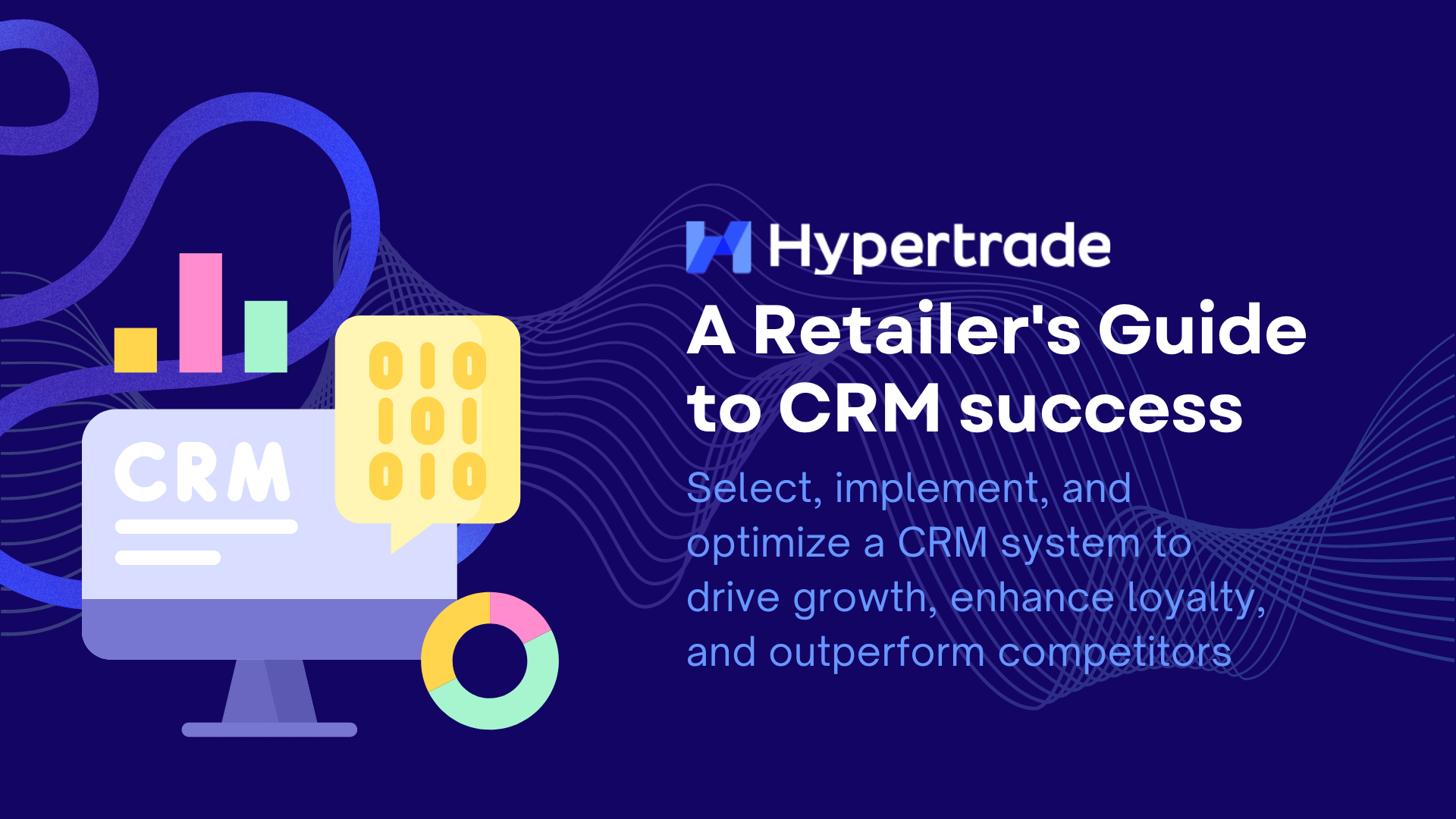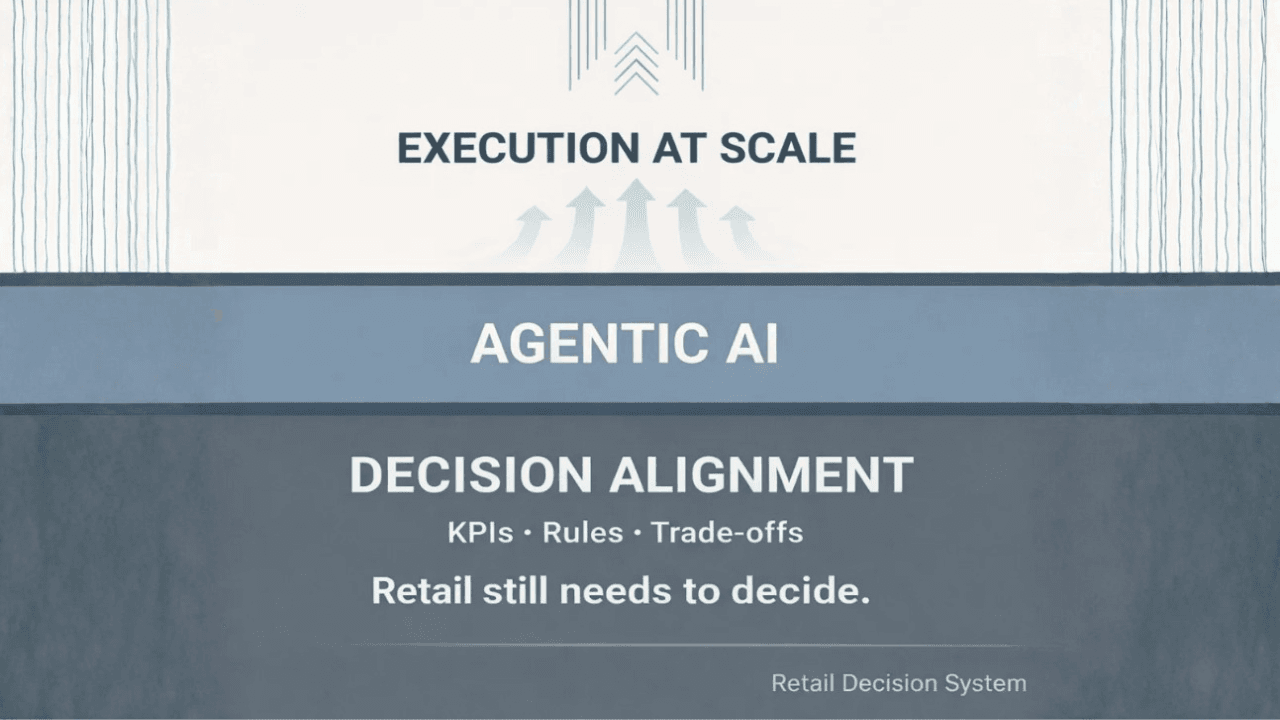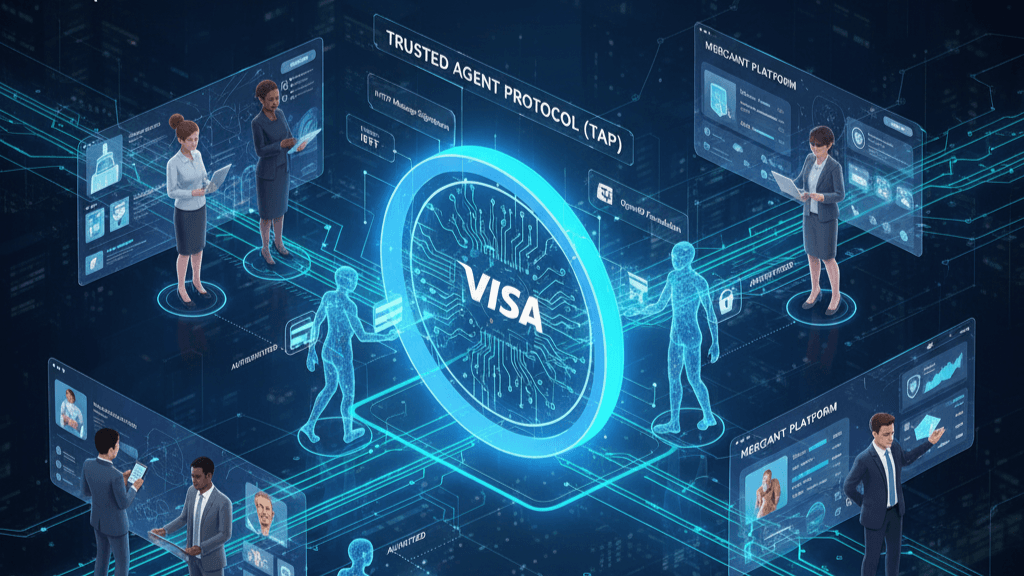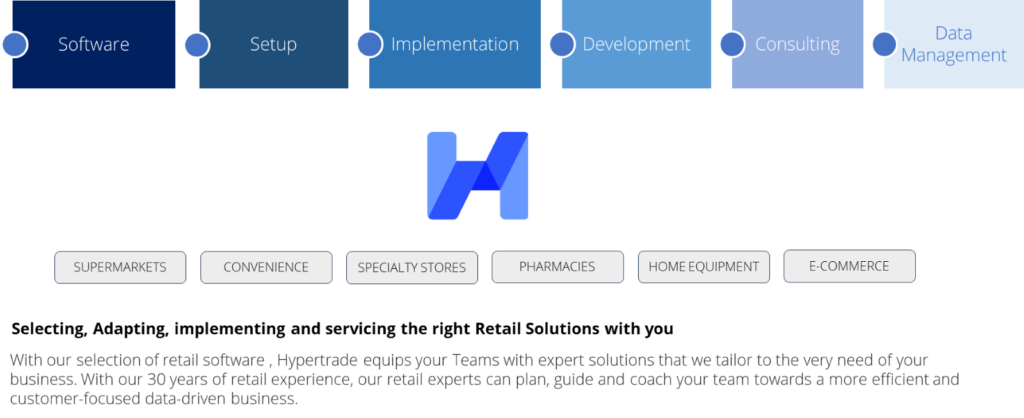In today’s competitive retail landscape, understanding and nurturing customer relationships is paramount. Given the current economic conditions, it is timely for most retailers to explore the adoption of Customer Relationship Management (CRM) systems.
A Customer Relationship Management (CRM) system can be your secret weapon for driving growth, enhancing customer loyalty, and outperforming competitors. However, selecting and implementing the right CRM can be overwhelming.
This guide will walk you through the essential steps to CRM success, from defining your goals to reaping the rewards.
Understanding Your Business Needs
- Identify your pain points: Are you struggling with customer retention, sales efficiency, or data management?
- Define clear objectives: What do you hope to achieve with a CRM? Increased sales, improved customer service, or deeper customer insights? Which Metrics will you choose to measure success?
- Assess your current systems: Evaluate your existing technology infrastructure to ensure seamless CRM integration. One focus Point is the POS: what type of promotion mechanics its it able to manage.
Data Assessment: The Foundation for Success
- Understanding your data landscape: Evaluate the quality, consistency, and completeness of your existing customer and products data.
- Identify your Customer Data Capture: evaluate the quality of the Customer Data you capture, and how you can improve it if required.
- Identifying data gaps: Pinpoint missing information that could hinder CRM effectiveness.
- Data cleansing and standardization: Discuss the importance of accurate and uniform data for optimal CRM performance.
- Data governance: Establish processes for data management and maintenance, as well as complete compliance with existing laws and regulations.
Building a Successful CRM Team
- Defining CRM team roles and responsibilities: Outlining the key positions (e.g., CRM manager, data analyst, CRM administrator) and their duties, as well as who will they report to
- Define the CRM team’s budget: the CRM can be a source of costs (including margin investments) as well as a revenue center (data sharing, sponsored campaigns, etc.). Defining the budget and validation processes is therefore important
- Cross-functional collaboration: Emphasizing the importance of teamwork and communication with other departments (sales, marketing, customer service, IT).
- Skills and expertise: Highlighting the necessary skills for CRM team members (e.g., data analysis, customer relationship management, technology proficiency).
- Training and development: Investing in ongoing training to keep the team up to date with CRM trends and best practices.
Selecting the Right CRM
- Key features to consider: Look for a CRM that aligns with your business size, industry, and specific needs.
- Scalability and flexibility: Choose a solution that can grow with your business.
- Integration capabilities: Ensure compatibility with your existing systems (POS, e-commerce, etc.).
- Cost-benefit analysis: Weigh the initial investment against long-term returns.
Implementation and Adoption
- Data cleansing and standardization: Ensure data accuracy and consistency for optimal CRM performance.
- User training and adoption: Empower your team with the knowledge and skills to utilize the CRM effectively.
- Phasing: It is recommended to define a gradual and step-by-step ramp-up, with clear success criteria for moving from one stage to the next.
- Change management: Address resistance to change and foster a CRM-centric culture.
Maximizing Your CRM Investment
- Leverage customer data: Utilize insights to personalize customer experiences and tailor marketing campaigns.
- Automate processes: Streamline tasks and improve efficiency.
- Engage collaboratively with Suppliers: crate personalized and targeted campaigns, and share valuable customer insights.
- Measure and optimize: Track key performance indicators (KPIs) to assess CRM effectiveness.
- Continuous improvement: Regularly evaluate and refine your CRM strategy.
CRM main business Objectives
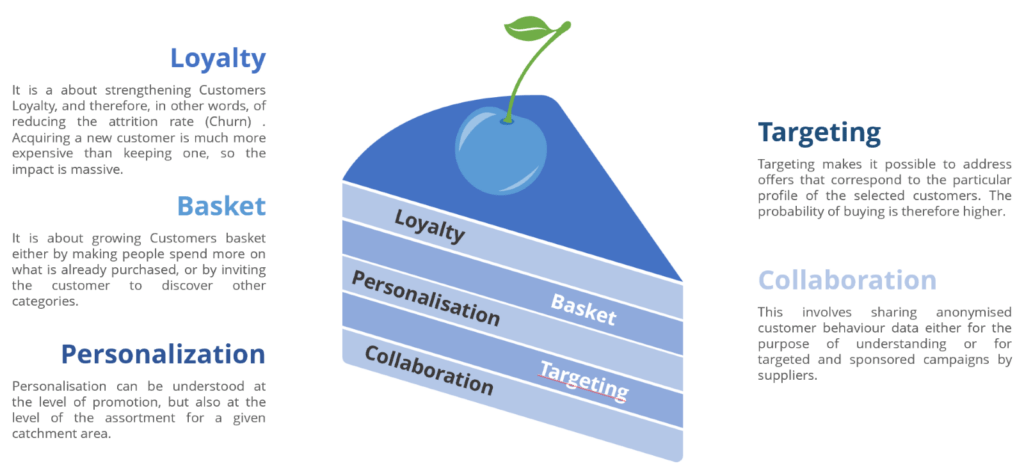
Top 5 Mistakes Retailers make with CRM
1. Neglecting Data Quality
- Inaccurate, incomplete, or duplicated customer data hampers the CRM’s effectiveness.
- Poor data quality leads to incorrect customer segmentation, ineffective marketing campaigns, and subpar customer experiences.
2. Failing to Define Clear Objectives
- Without clear goals, it’s difficult to measure success or justify the CRM investment.
- Retailers often implement CRM without a defined strategy, leading to underutilization of the system.
3. Insufficient User Adoption and Training
- Employees resistant to change or unfamiliar with the CRM’s capabilities hinder its effectiveness.
- Lack of training results in missed opportunities and a negative impact on customer interactions.
4. Overlooking Customer Segmentation
- Not dividing customers into meaningful segments based on demographics, behavior, or preferences.
- Inaccurate segmentation leads to irrelevant marketing campaigns and a diminished customer experience
5. Lack of Regular Review and Improvement
- Not consistently evaluating the CRM’s performance and identifying areas for enhancement.
- Missed opportunities to optimize the CRM and adapt to changing business needs.
Implementing a CRM system is a strategic decision that can yield significant benefits for your retail business. By following this guide and partnering with experienced CRM experts like Hypertrade, you can unlock the full potential of customer relationships and drive sustainable growth.
With our solution ULYS, Hypertrade is committed to helping retailers achieve CRM success. Our team of experts can provide tailored solutions, implementation phasing and business support, and ongoing guidance.
Unlock the full potential of your customer data. Contact us for a free CRM assessment
You might also like:

